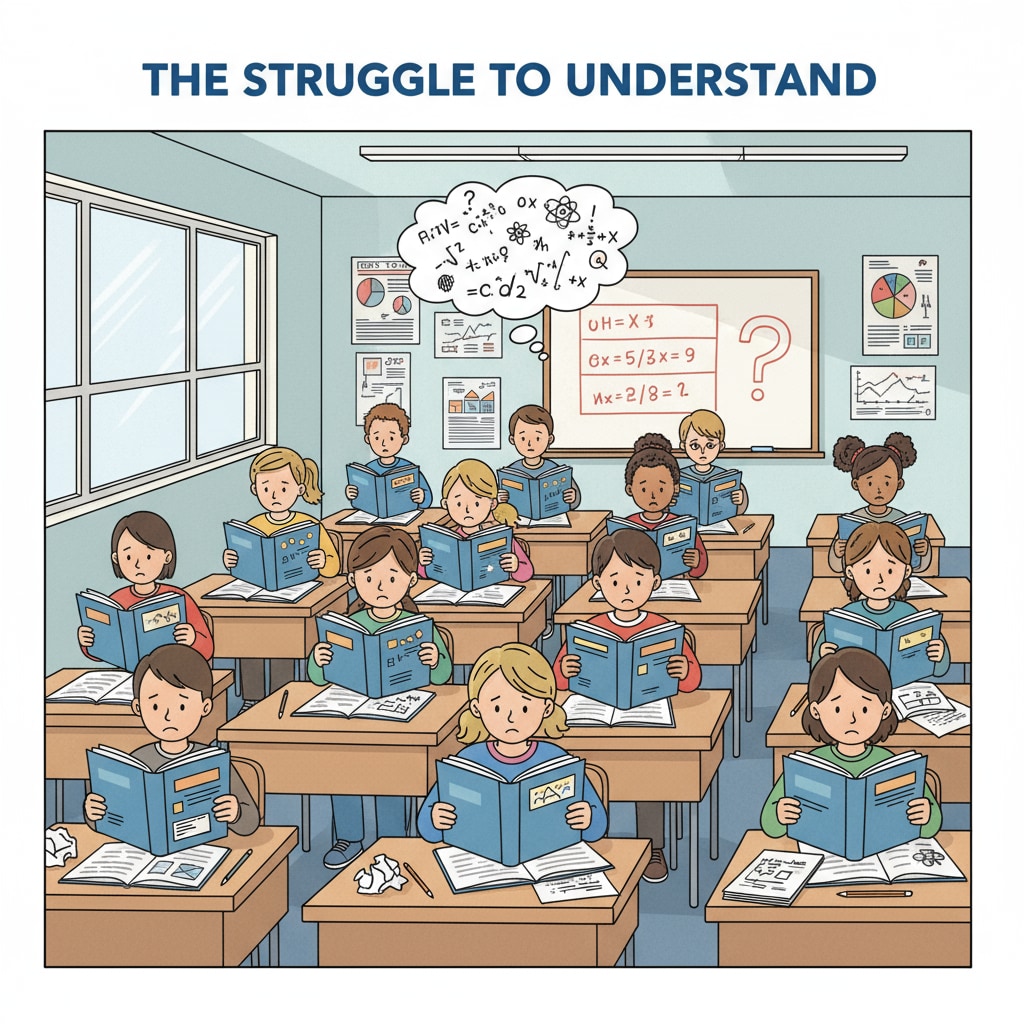Learning difficulties, anxiety, and self-doubt often go hand in hand among K12 students. These issues can significantly impact a student’s academic performance and overall well-being.

For instance, when students face challenges in understanding complex concepts, they may start to question their abilities, leading to increased anxiety. This article aims to delve into the causes, effects, and solutions related to these concerns.
The Root Causes of Learning-Related Anxiety and Self-Doubt
There are several factors that contribute to learning difficulties, anxiety, and self-doubt in K12 students. Firstly, the teaching methods employed might not suit every student’s learning style. Some students are visual learners, while others prefer auditory or kinesthetic approaches. If the teaching fails to accommodate these differences, students may struggle to keep up. Understanding Different Learning Styles on Education.com Additionally, high expectations from parents and teachers can put immense pressure on students. When they don’t meet these expectations, self-doubt can set in.

The Impact on Students’ Lives
The consequences of learning difficulties, anxiety, and self-doubt can be far-reaching. Academically, students may experience a decline in grades, which can further fuel their self-doubt. Socially, they may become withdrawn, avoiding group activities and interactions. This isolation can lead to feelings of loneliness and depression. Moreover, long-term exposure to such negative emotions can have a detrimental effect on a student’s mental health. Children’s Mental Health on APA
To address these issues, educators and parents need to take proactive steps. They should first create a supportive environment where students feel comfortable expressing their concerns. Teachers can provide individualized attention, identifying areas where students are struggling and offering targeted assistance. Parents, on the other hand, should focus on building their child’s self-esteem, emphasizing their strengths and achievements rather than just focusing on academic results.
Readability guidance: By understanding the root causes and impacts of learning difficulties, anxiety, and self-doubt, we can better equip ourselves to help K12 students overcome these challenges. Using short paragraphs and lists, we’ve outlined key points. Each H2 section offers insights, and we’ve incorporated external links for further knowledge. Transition words have been used to enhance the flow of the article.


